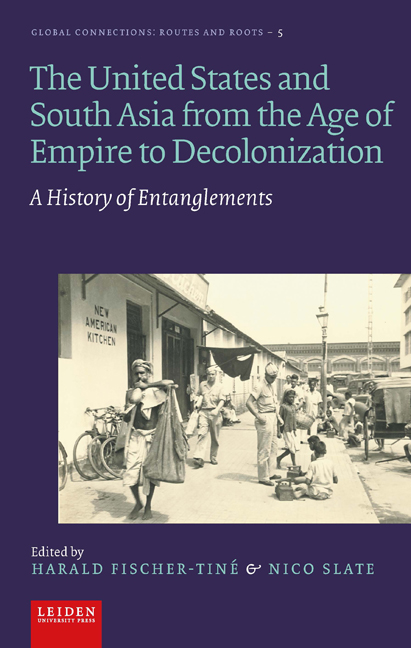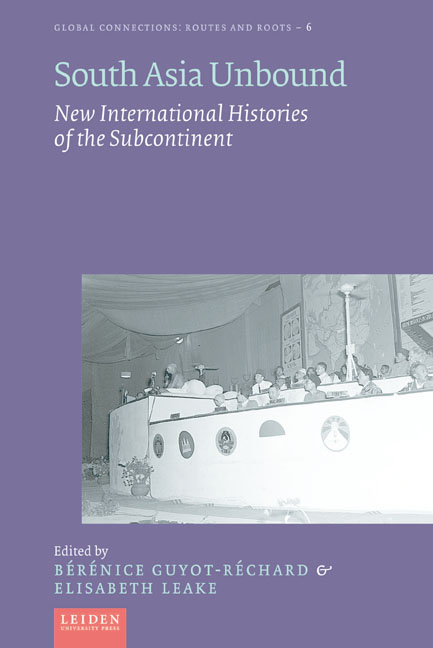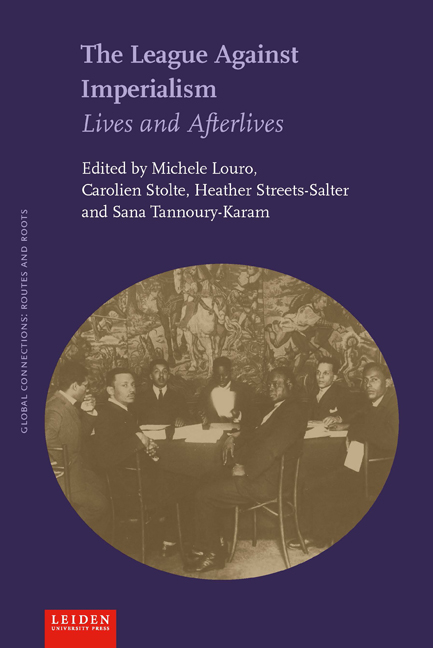7 results in Global Connections: Routes and Roots

The United States and South Asia from the Age of Empire to Decolonization
- A History of Entanglements
-
- Published by:
- Amsterdam University Press
- Published online:
- 07 January 2025
- Print publication:
- 06 December 2022

South Asia Unbound
- New International Histories of the Subcontinent
-
- Published by:
- Amsterdam University Press
- Published online:
- 04 January 2025
- Print publication:
- 11 April 2023

Philippine Confluence
- Iberian, Chinese and Islamic Currents, c. 1500-1800
-
- Published by:
- Amsterdam University Press
- Published online:
- 04 January 2025
- Print publication:
- 06 March 2020

The League Against Imperialism
- Lives and Afterlives
-
- Published by:
- Amsterdam University Press
- Published online:
- 04 January 2025
- Print publication:
- 09 March 2020

Black Transnationalism and Japan
-
- Published by:
- Amsterdam University Press
- Published online:
- 18 December 2024
- Print publication:
- 15 January 2024

The Lives of Cold War Afro-Asianism
-
- Published by:
- Amsterdam University Press
- Published online:
- 16 November 2024
- Print publication:
- 01 October 2022

India after World History
- Literature, Comparison, and Approaches to Globalization
-
- Published by:
- Amsterdam University Press
- Published online:
- 16 November 2022
- Print publication:
- 01 July 2022

